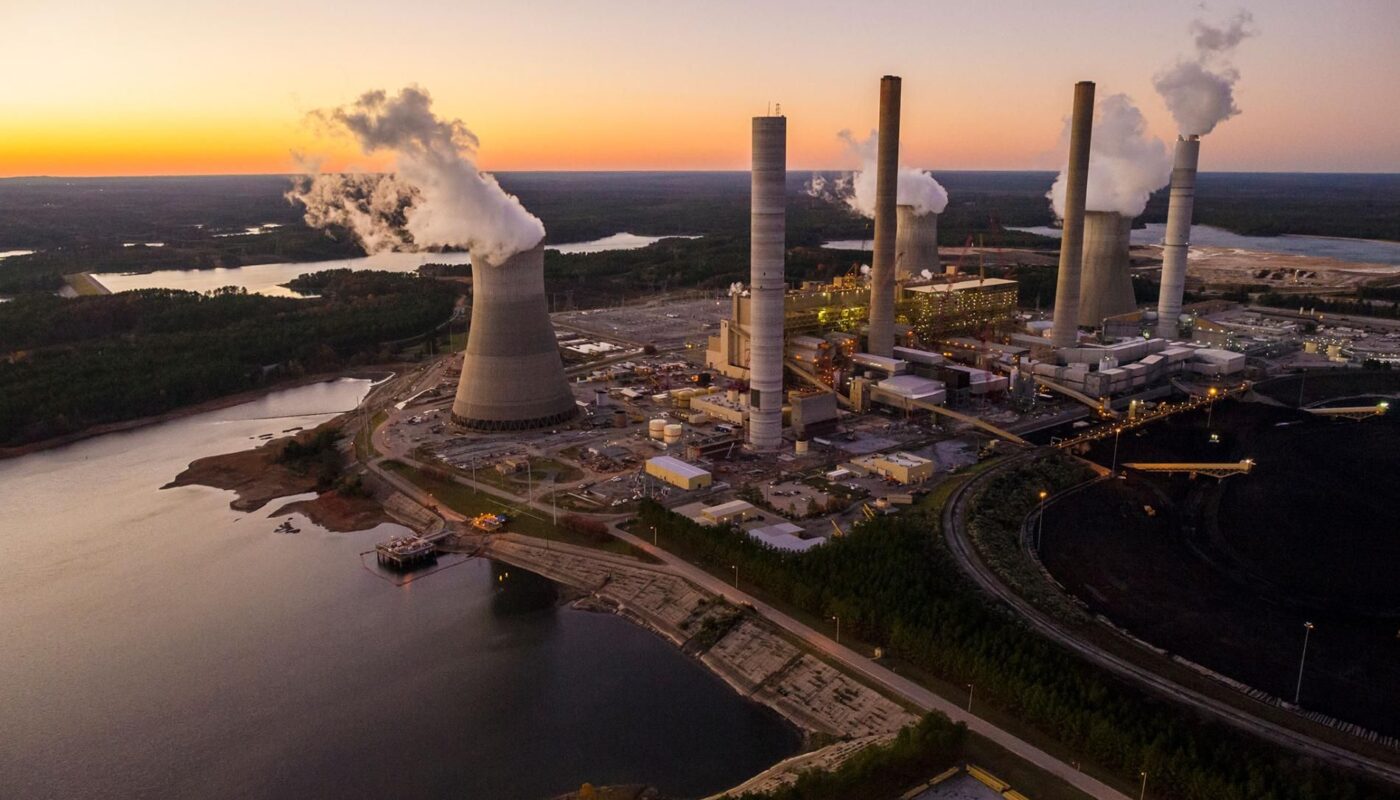Natural gas, which includes potent greenhouse gases like methane and ethane, is challenging to store and convert to more manageable forms. Large-scale facilities exist for this purpose but are costly, making them impractical for smaller natural gas wells. The research team, led by Prof. Jeffrey R. Long at UC Berkeley, developed a catalyst that mimics the functionality of enzymes found in nature. The catalyst, made from metal-organic frameworks (MOFs), enables catalytic hydrocarbon oxygenation at near ambient temperatures using O2, similar to enzyme reactivity. The team studied the reactive intermediate produced by the MOF and O2 using advanced spectroscopic techniques and computational methods. This research represents the first non-enzymatic system capable of oxidizing light hydrocarbons with dioxygen via a fully characterized high-spin iron-oxo intermediate. The findings provide a cost-effective and sustainable solution for converting natural gas into more manageable forms.
*Note:
1. Source: Coherent Market Insights, Public sources, Desk research
2. We have leveraged AI tools to mine information and compile it



